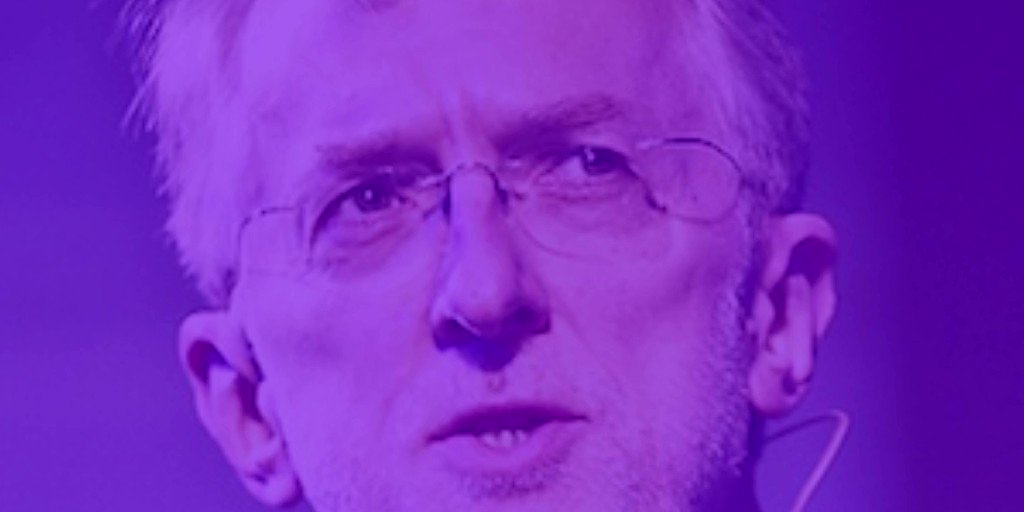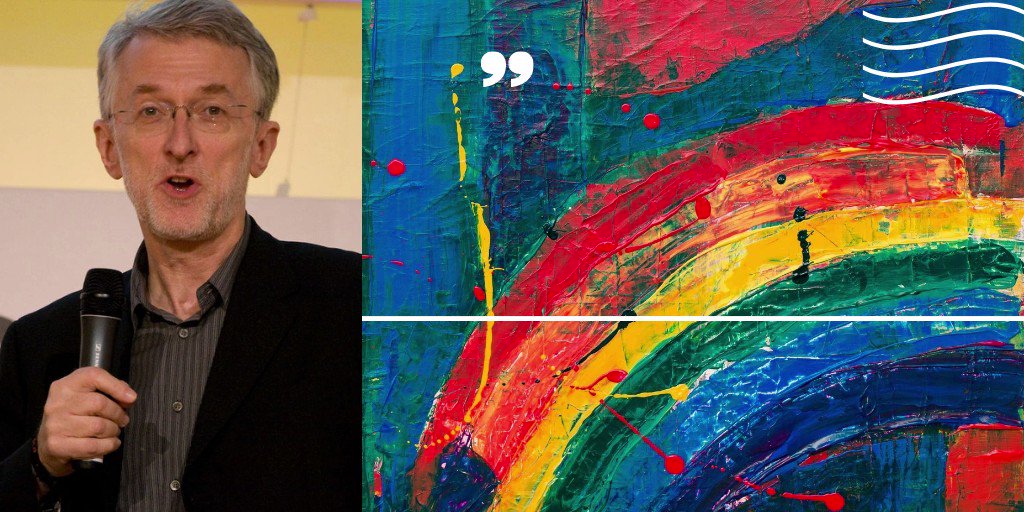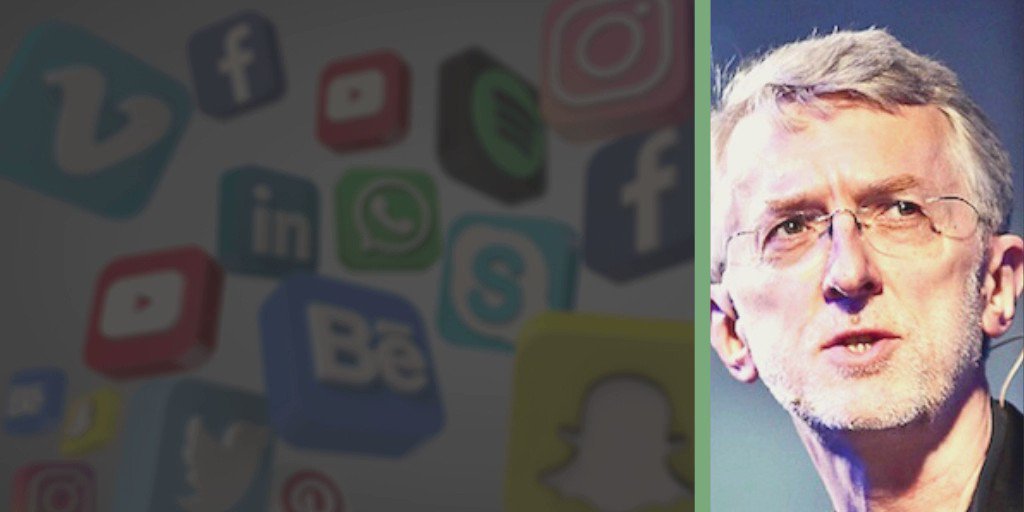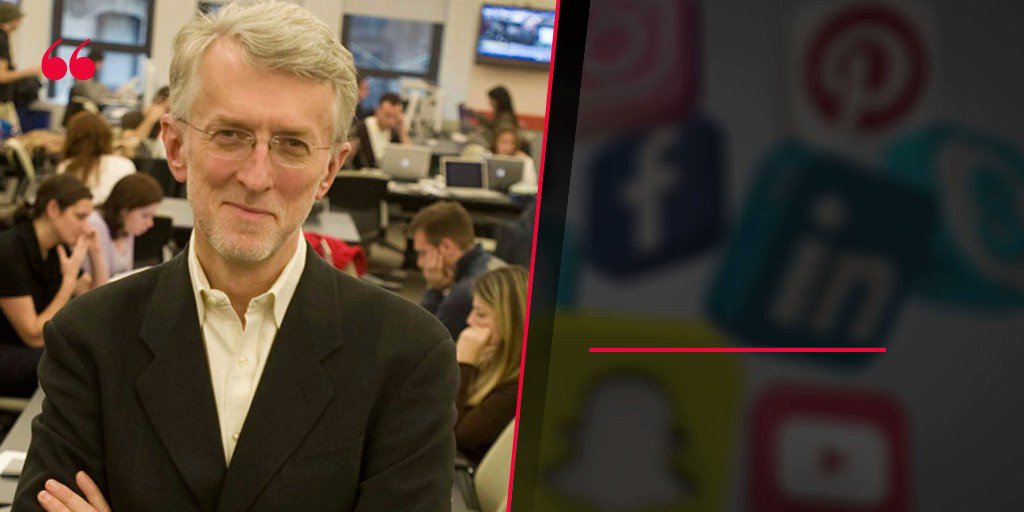Sujan
6:06
6:08
6:08
6:09
6:09
6:11
6:14
6:15
6:15
6:15
6:17
6:19
6:19
6:20
6:21
6:23
6:27
6:27
6:27
6:28
6:28
6:30
6:31
6:32
6:32
6:33
6:37
6:38
6:38
6:39
6:39
6:41
6:42
6:43
6:43
6:44
6:45
6:46
6:46
6:47
Connecting…








